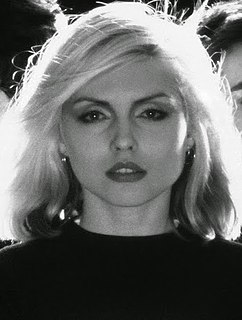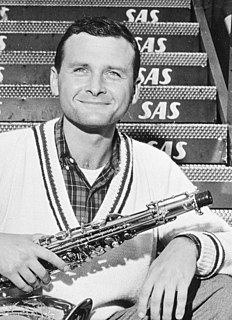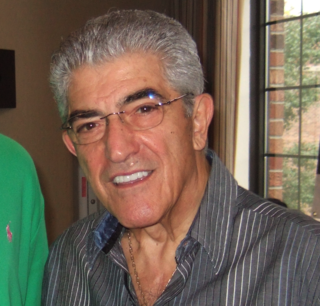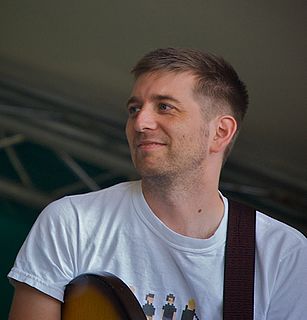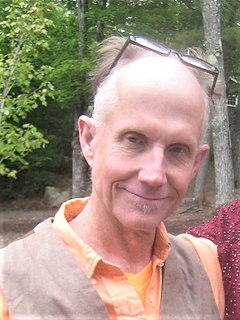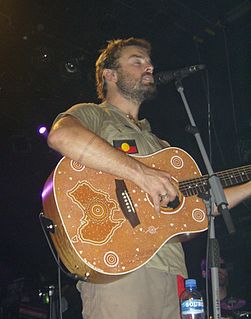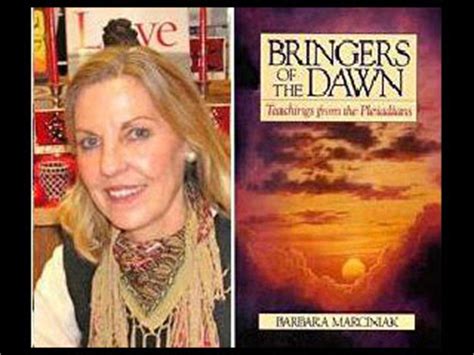A Quote by Oneohtrix Point Never
I've always been obsessed with the grain of the human voice. It's the ultimate instrument, there's this whole level of virtuosity and poetry, a sort of athleticism, of controlling your voice.
Related Quotes
Switch to piano! No. Really, if you like an instrument that sings, play the saxophone. At its best it's like the human voice. Of course, it would be best if you could actually sing with your own voice. The saxophone is an imperfect instrument, especially the tenor and soprano, as far as intonation goes. Therefore, the challenge is to sing on an imperfect instrument or 'voice' that is outside of your body. I love that challenge and have for over forty-five years. As far as playing jazz, no other art form, other than conversation, can give the satisfaction of spontaneous interaction.
So much of what I love about poetry lies in the vast possibilities of voice, the spectacular range of idiosyncratic flavors that can be embedded in a particular human voice reporting from the field. One beautiful axis of voice is the one that runs between vulnerability and detachment, between 'It hurts to be alive' and 'I can see a million miles from here.' A good poetic voice can do both at once.
What has praise and fame to do with poetry? Was not writing poetry a secret transaction, a voice answering a voice? So that all this chatter and praise, and blame and meeting people who admired one and meeting people who did not admire one was as ill suited as could be to the thing itself- a voice answering a voice.
I definitely see the voice as an instrument: It makes great drums, great synth pads, great everything. Vocals can be so many things, like, "Hey, I'm Michael Jackson, and this is my iconic voice," or a choir of people sounding like Mozart's Requiem. Mariah Carey is my favorite singer because her voice sounds utterly groundless. It's not even a human voice; it almost sounds mechanical.
My first instrument was my voice. I was always singing and writing melodies when I was a little kid. I just sort of taught myself whatever was around. If there were instruments around, I'd play them. I always liked the idea of not being shown but coming up with my own energetic connection to the instrument.


